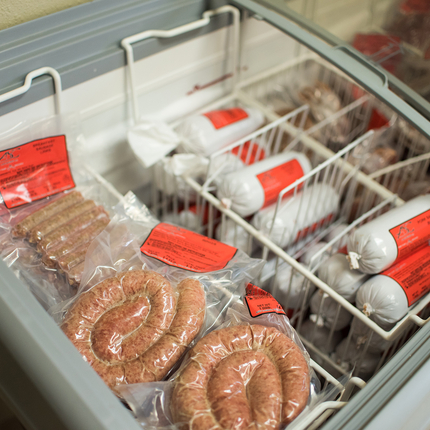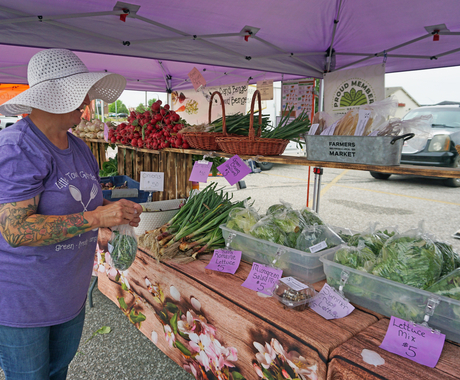Teresa Hoffman, policy communications associate, teresah@cfra.org, 402.687.2100 ext. 1012; or Rhea Landholm, brand marketing and communications manager, rheal@cfra.org, 402.687.2100 ext. 1025
LYONS, NEBRASKA – The Center for Rural Affairs salutes the efforts of Rep. Jeff Fortenberry (NE-1) to secure funding for programs aimed at supporting rural small business owners and small meat processors as part of the U.S. House of Representatives’ appropriations process.
In his position as Ranking Member of the House appropriations Subcommittee on Agriculture, Rural Development, and Food and Drug Administration, Rep. Fortenberry helped secure several proposed funding and policy instructions for the U.S. Department of Agriculture that, if finalized in the final appropriations law for 2022, would offer valuable and much-needed support for rural communities.
The first of these is an increase for the Rural Microentrepreneur Assistance Program (RMAP), which provides grants to organizations that help small businesses in rural communities access loans, training, and technical assistance. Rep. Fortenberry has championed $8 million for this program, a significant increase from FY21 funding.
“For rural entrepreneurs looking to make their dream of owning a business a reality, RMAP is a valuable tool,” said Johnathan Hladik, policy director for the Center for Rural Affairs. “The proposed funding will ensure a bright future for our rural main streets as the program continues to assist small entrepreneurs in accessing capital and acquiring training for business planning and financial management.”
The Center, Hladik said, is also pleased to see the Subcommittee recommending that $2 million be reserved for training and apprenticeship programs for small meat processors. The funding would support regional and local efforts through partnerships with existing non-profits, community and junior colleges, vocational schools, and similar organizations. The funds may help support apprenticeships for individuals working in small and very small meat packing plants to assure that individuals find full and gainful employment.
“Many processors have found it difficult to find and train new employees, creating a key obstacle as these businesses work to scale up," Hladik said." Support for workforce training is an essential piece as we continue to grow the industry and make way for a new generation of entrepreneurs.”
Additionally, the appropriations bill directs USDA staff to, within 180 days, evaluate the needs of small meatpacking plants and make recommendations for how to provide capital to support flourishing small and medium-sized plants. The bill also provides for the development of a strategic plan for the creation of regional rural food hubs to support locally sourced, branded, value-added products that are properly inspected.
“Agriculture is the mainstay of the Cornhusker State and America’s economy,” Fortenberry said. “As the Ranking Member on Agriculture Appropriations, I continue the important work to grow ag innovation, connect the farmer to the family, and create new options for rural livability. I appreciate the commitment of the Center for Rural Affairs to advancing opportunity for our farmers, small business owners, and small meat processors.”




